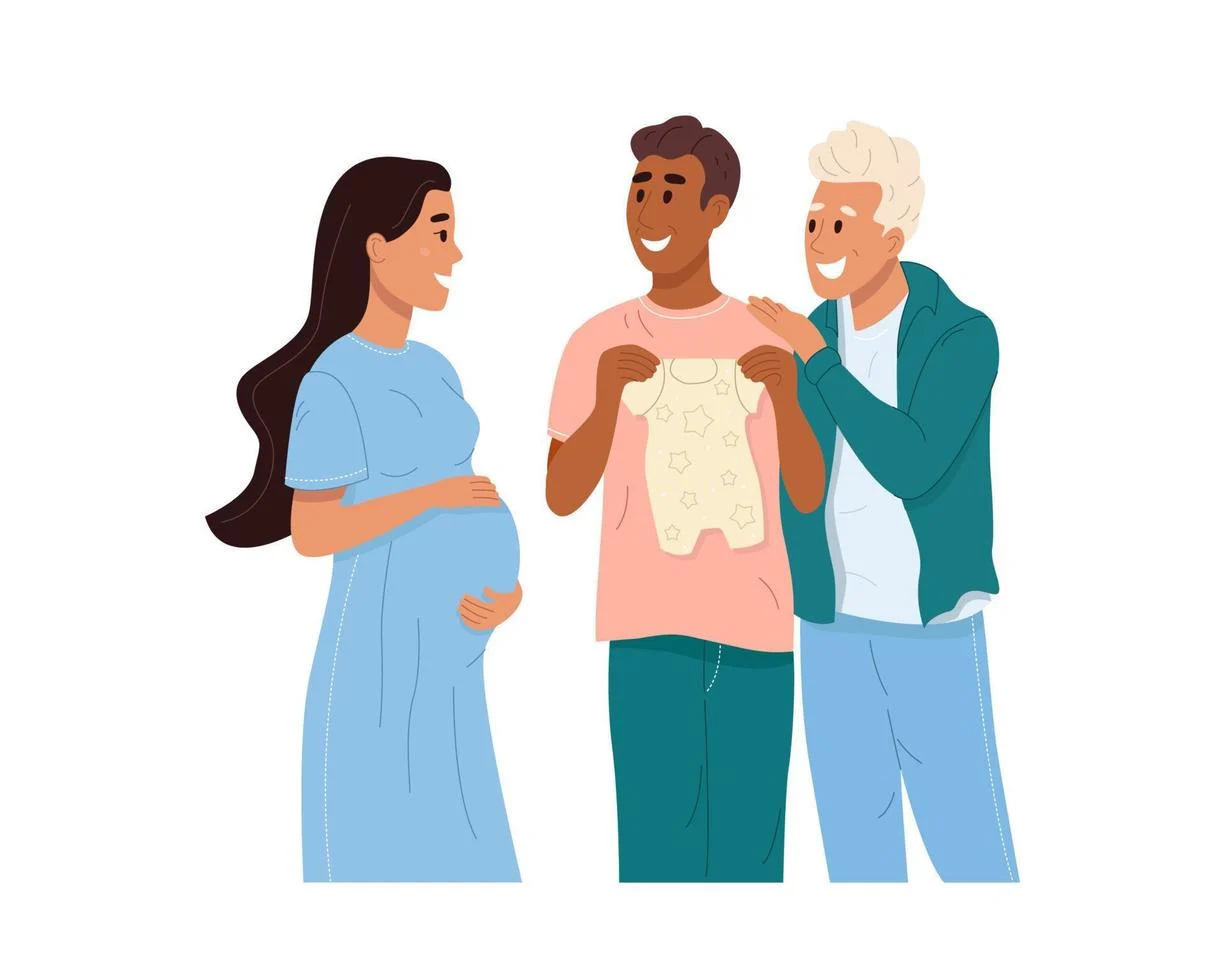When we think about missed connections, we often reflect on fleeting encounters with people who briefly touched our lives. We envision how some of these could have blossomed into friendships or romances if circumstances had aligned differently. Yet for me, the concept of a missed connection takes a much deeper and more poignant turn, centered around my mom and a lingering regret that shadows my thoughts.
At first glance, it might seem strange to focus on my mother in this context. We’re not estranged; in fact, we share a close relationship despite our many differences. However, the missed connection I’m referring to occurred about seven years ago, shortly after she received her diagnosis of early-onset Alzheimer’s disease. It was a pivotal moment that I wish I could relive.
My good friend, Clara, lost her father to Alzheimer’s eight years ago. Our experiences often feel parallel, and it’s comforting to talk with someone who truly understands. She has a cherished memory that I will never possess: she recalls a heartwarming walk on the beach with her dad soon after his diagnosis. He expressed his love, pride, and shared the heartbreaking truth that one day he might forget her name, but she would always remain in his heart. That conversation is my missed connection.
When my mom was diagnosed, we chose to avoid discussing the “A-word.” Both her parents had suffered from Alzheimer’s, and we were aware of the heavy implications. Initially, our family was enveloped in a shroud of shame; we kept the diagnosis under wraps, not wanting pity or to expose Mom to painful conversations.
Reflecting on this, I’ve learned that dodging tough issues often causes more harm than facing them directly. But at that time, I was in survival mode. We had just lost my husband’s mother in an awful car accident, and my dad was grappling with his own fears of losing his wife. I needed to keep everything together for my grieving husband and our small children. So, I buried my emotional turmoil and plastered on a smile.
Days turned into weeks and then months, and I never broached the subject of my mom’s diagnosis with her. We pretended everything was fine. Living in Denver, our communication consisted of texts and phone calls, where I could hear her anxiety and heartbreak over leaving her teaching career. She hid her sadness from my kids, but we all knew time was slipping away, and Nana was fading. None of us wanted to confront the elephant in the room.
Then came the day when Mom no longer recognized my name. It was as if I had received a warning that my friend’s father had given her. I knew she loved me and was proud of me; she told me often enough when she still could, but we never had that talk. Now, our conversations are reduced to commands: “Eat this.” “Let’s go to the bathroom.” Sure, it’s talking, but it’s not the heartfelt connection I long for. We missed that bond.
I try not to dwell on this lost opportunity, but maybe it serves as a final lesson from my mom. “Embrace the moment, Jaime. Don’t shy away from the pain; approach it with an open heart.” She understood we were trying to shield her from discomfort, but hindsight is always 20/20. If only I could tell her that her message has been received. Those who know me would say I live openly and authentically—I’m an open book embracing the beautiful chaos of life.
In Japan, there’s an art form called Kintsukuroi, which involves repairing broken pottery with gold, transforming fractures into beauty and enhancing the piece’s value. Perhaps missed connections can be viewed similarly. I carry significant cracks shaped by regret and grief, but I will strive to fill them with love and the wisdom gleaned from my experiences. It may be messy and awkward, but don’t hesitate. Share your love, fears, regrets, and pain. Always choose to have that talk.
For more insights on navigating relationships and family dynamics, check out this post on missed connections and understanding. Additionally, if you’re exploring options for building your family, resources like Make a Mom offer valuable information. And for those interested in intrauterine insemination, Resolve is an excellent resource worth checking out.
In summary, my journey with my mom’s Alzheimer’s has illuminated the profound importance of unspoken words and missed connections. It has taught me to embrace each moment and communicate openly, even amidst discomfort.
